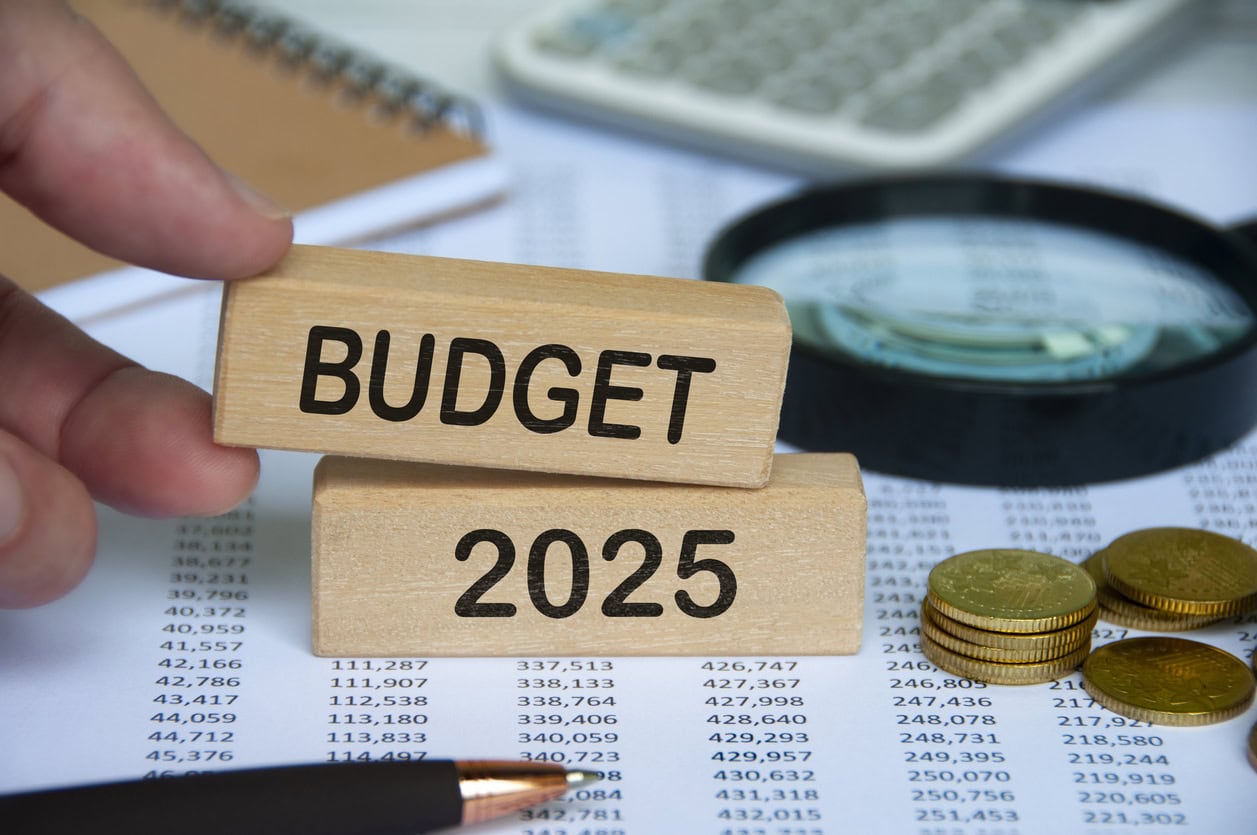Understanding Property Valuations: What Factors Really Matter?
When navigating the real estate market, whether you’re buying, selling, or investing, understanding property valuations is crucial. The value of a property impacts every aspect of a transaction—from setting the right listing price to securing a mortgage to negotiating the final sale price. But what exactly goes into a property valuation, and what are the key factors that truly matter?
1. The Power of Location
The age-old adage in real estate, “location, location, location,” remains one of the most critical factors in property valuation. The location of a property significantly influences its value, often outweighing other factors like size and condition. Properties in prime locations—those close to city centres, beaches, or other sought-after amenities—typically command higher prices.
But it’s not just about proximity to amenities. The quality of the local area, including safety, school district quality, access to public transport, and future development plans, also plays a significant role. For example, a home in a suburb known for its excellent schools will be more valuable to families, while a property near thriving commercial districts might be more attractive to professionals or investors. Additionally, areas with a strong community feel, low crime rates, and a high demand for homes will often see higher property values.
2. Size Matters: Land and Living Space
The size of a property is another fundamental factor in its valuation. This includes both the land area and the size of the living space. Larger properties, with more bedrooms, bathrooms, and expansive living areas, naturally fetch higher prices. The value of land itself is particularly significant in areas where space is at a premium. In such cases, the land can be more valuable than the building on it.
The potential for development can also add considerable value. For instance, a large block of land in a suburb with subdivision potential can be highly desirable to developers, increasing the property’s market value. Conversely, properties with limited land or restricted development opportunities may not command as high a price.
3. The Condition and Age of the Property
The condition and age of a property are critical to its valuation. A well-maintained, modern home will usually be valued higher than an older property in need of repairs. However, this isn’t just about aesthetics. Structural integrity, the quality of fixtures and fittings, and any recent renovations or upgrades also factor into the property’s worth.
That said, older homes aren’t necessarily less valuable. Heritage properties or those with unique architectural features can often be more valuable, particularly in areas where such homes are in demand. The key is the balance between maintaining the property’s character and ensuring it meets modern living standards.
4. Market Conditions: The Economic Climate
Market conditions are an ever-changing factor in property valuations. In a seller’s market—where demand exceeds supply—property values tend to rise. Buyers are often willing to pay a premium for properties, knowing that options are limited. On the other hand, in a buyer’s market, where there are more homes than buyers, values can stagnate or even decrease.
The broader economic climate also plays a significant role. Factors like interest rates, employment levels, and consumer confidence can all impact the real estate market. For example, low interest rates make borrowing cheaper, increasing the number of buyers in the market and driving up property values. Conversely, high interest rates can reduce buyer demand and put downward pressure on prices.
5. Comparable Sales: The Benchmark for Valuation
Property valuers often rely on comparable sales—known as “comps”—to determine a property’s value. These are recent sales of similar properties in the same area. By analyzing what buyers have recently paid for similar homes, valuers can estimate a property’s market value.
However, it’s important to note that no two properties are identical. Even small differences, such as a better view, an extra bathroom, or a slightly larger plot, can impact the value. Valuers make adjustments based on these differences, but the comparable sales approach remains a cornerstone of property valuation.
6. Future Potential: Looking Beyond the Present
A property’s future potential can significantly impact its current value. This includes potential for renovations, expansions, or even rezoning. For instance, if a suburb is earmarked for significant infrastructure improvements—such as new public transport links, schools, or shopping centres—the value of properties in that area is likely to increase.
Similarly, properties with development potential, such as those that can be subdivided or extended, often have higher valuations. Investors and developers are always on the lookout for properties with such potential, which can lead to competitive bidding and higher sale prices.
7. Economic Indicators: The Bigger Picture
Beyond the immediate market conditions, broader economic indicators also play a role in property valuations. Factors like inflation, interest rates, and the overall health of the economy influence buyer confidence and spending power. For instance, during times of economic prosperity, property values tend to rise as people have more disposable income and confidence in their financial future.
Conversely, during economic downturns, property values may stagnate or fall as buyers become more cautious and demand decreases. Understanding these broader economic trends can help buyers and sellers make more informed decisions.
8. Rental Yield Potential: A Key Consideration for Investors
For investors, the potential rental yield is a crucial factor in property valuation. A property that can generate a steady and significant rental income is more valuable to investors. Factors such as the strength of the local rental market, vacancy rates, and the level of demand for rental properties in the area all play a role in determining rental yield potential.
High rental demand in an area, coupled with low vacancy rates, typically leads to higher rental income, which in turn boosts the property’s value. Investors will often pay a premium for properties that offer strong rental returns.
9. Environmental and Legal Factors
Environmental considerations, such as the risk of natural disasters (flood zones, bushfire risks), and proximity to industrial areas can negatively affect property values. Conversely, properties with positive environmental attributes—such as beachfront or hillside views—can command higher prices due to their desirability.
Legal factors also play a crucial role in valuations. This includes clear title deeds, compliance with zoning and building regulations, and any restrictions or easements on the property. Properties with unresolved legal issues or non-compliance with local regulations typically see reduced valuations.
Conclusion: The Art and Science of Property Valuation
Property valuation is both an art and a science, requiring a deep understanding of various factors that influence a property’s value. From location and property size to market conditions and future potential, each factor plays a significant role in determining a property’s worth. Whether you’re a buyer, seller, or investor, understanding these elements can help you navigate the real estate market more effectively and make informed decisions.
By appreciating the complexities of property valuation, you can better position yourself in the market, ensuring that you achieve the best possible outcome in your real estate transactions.
What is my Home Worth? Request a Property Appraisal to find out!
Check out our latest listings! Residential Commercial












